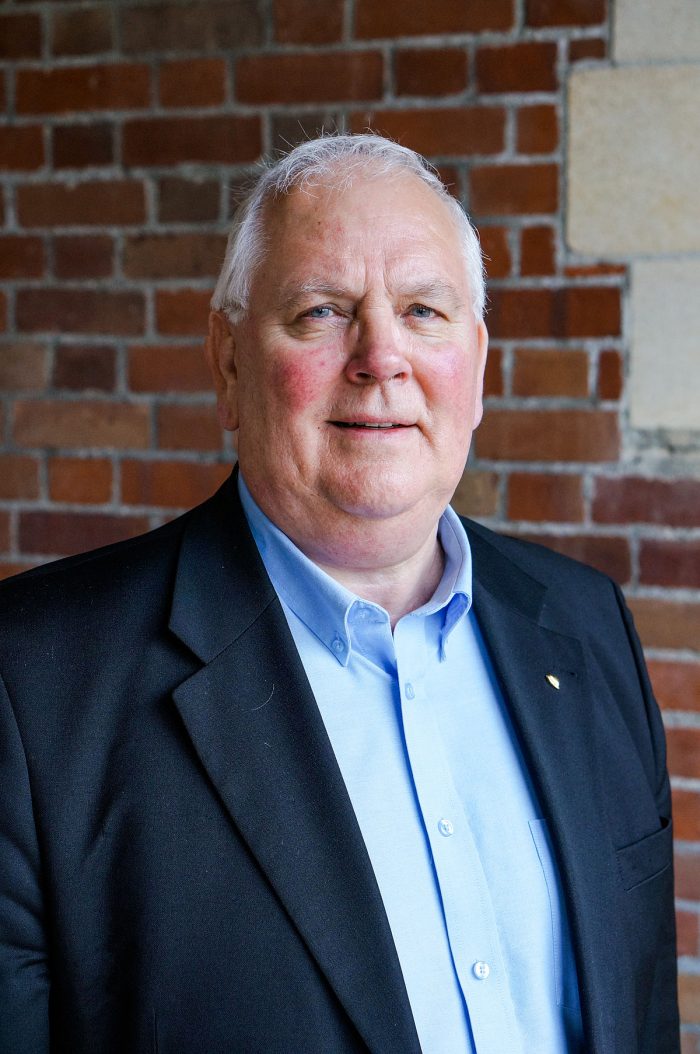
Former UDA Derry commander Glenn Barr who has died in hospital aged 75
THE former UDA commander, and leader of the Ulster Workers Strike in the 1970s, Glenn Barr, has died at Altnagelvin Hospital.
He was 75.
His funeral will take place this Friday at Ebrington Presbyterian Church.
His funeral will make the short journey from his home on the Limavady Road at 1.30 p.m. to the church for service prior to burial in Altnagelvin Cemetery.
Tributes have been paid across Derry’s political spectrum at the news of his death.
The Sinn Fein MP, Elisha McCallion paid tribute to Mr Barr, who she said had been on a ‘journey towards reconciliation’.
“I am saddened to hear of the death of Glenn Barr.
“He was on an important journey towards reconciliation, a journey we all should be on,” she said.
“My thoughts and prayers are with his family.”
East Derry DUP MP Gregory Campbell said he hoped Mr Barr would be remembered for his cross-community reconciliation work in later life, when he partnered on projects with the former Irish government minister Paddy Harte, and with Paddy Doherty of the Inner City Trust.
Glenn Barr was a senior member of the Vanguard Progressive Unionist Party in the mid-to-late 1970s.
He was a key organiser of the Ulster Workers’ Council strike in 1974, which brought down the Sunningdale power-sharing executive.
Later that year Glen Barr was one of a number of UDA leaders who visited Libya for talks with Colonel Gaddafi about potentially supporting an independent Northern Ireland.
But he left politics in 1981 to return to community work in his native Derry, where he set up an employment and training scheme for disadvantaged young people.
He was a founder of the Messines Peace project, which drew on the suffering experienced during the battles of World War One, to argue that in the future all disputes should be resolved through exclusively peaceful means.
In 1998, the father of four appeared set to make a return to active politics when he took up a seat on the Parades Commission, a move roundly condemned by nationalists, given his UDA past.
But he resigned from the commission in April that year, after it banned an Apprentice Boys parade from the nationalist lower Ormeau Road in south Belfast.
After leaving politics, he ran the Maydown Ebrington Group, that attempted to create employment in the Waterside area of Derry.
Tags:





